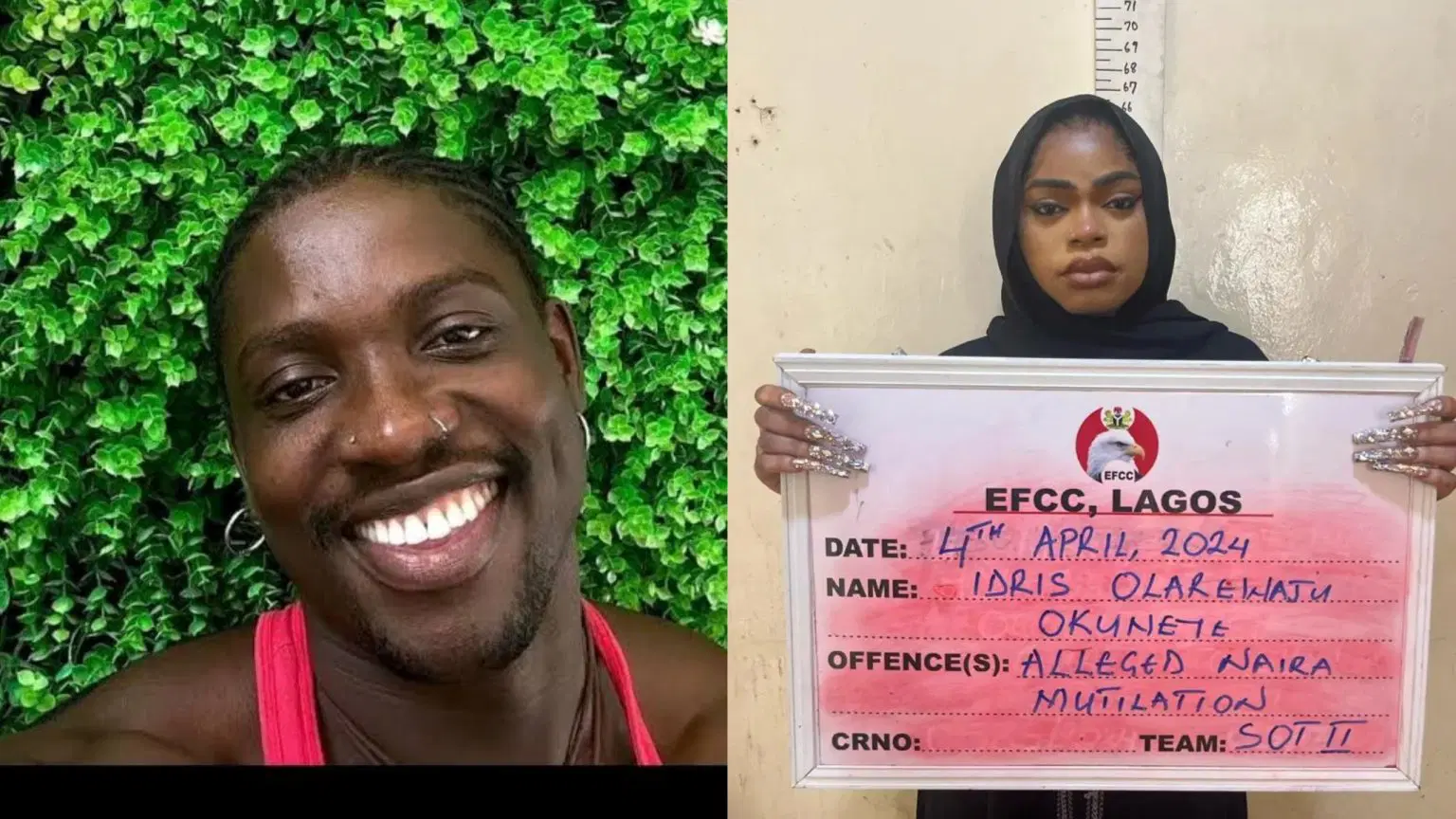It was a powerful sight many years ago to witness the late Chief Gani Fawehinmi defiantly raising his hands as he thumbed his nose at military authorities before being bundled into a Black Maria en route to Gashua. This image, along with the resilience of Fela Anikulapo Kuti—who, despite multiple arrests, continued to release rebellious hits mocking the military—instilled a sense of awe in many, including myself.
Fela’s younger brother, Dr. Beko Ransome-Kuti, stood firm as the President of the Nigerian Medical Association, refusing to bow to the establishment, while Olisa Agbakoba of the CLO remains a symbol of unwavering determination. These figures inspired a generation, including me, to fight for justice with fervor.
However, as I matured and studied societal transformation, my perspective on protests shifted towards a more intellectual approach. While I still believe in the necessity of aggressive protests, I’ve come to recognize that they should not be mere acts of defiance without a constructive outcome. There must be a clear framework for action following protests; it’s essential to propose alternatives rather than simply voicing grievances.
Two primary issues have influenced my current stance on protests: the inherent violence that often accompanies aggressive demonstrations, leading to injuries and loss of innocent lives, and the need for protesters to offer viable solutions to the issues they confront. Therefore, I have adopted a focus on intellectual protests, advocating for alternative strategies to address societal challenges.
This shift calls for those in leadership to prioritize citizens and the nation’s development over personal comfort. Likewise, it requires citizens to demonstrate patriotism, putting the country’s survival and progress before their own interests. We must reject complicity in the rampant mismanagement of our resources, whether directly or indirectly.
Despite the widespread call for change, many citizens have remained complicit in the poor service delivery plaguing our society. Senator Ali Ndume (APC, Borno South) once stated on a television program that the extravagant salaries of senators are earned on behalf of the people. Similarly, Senator Diket Plang (APC, Plateau Central) echoed these sentiments in a recent radio interview.
Even respected critics like Professor Pat Utomi have faced scrutiny for seemingly cozying up to political figures for personal gain. While seeking legitimate business opportunities is not inherently wrong, it highlights a troubling reality: Nigerians often criticize those in power publicly while seeking personal benefits behind the scenes.
Moreover, many politicians are known to cover the hospital bills, school fees, and rent for constituents, effectively creating a cycle of dependency. I recall the television broadcast of Senator Uche Ekwunife (PDP), who distributed sewing machines, water pumps, and laptops to constituents in a public display of generosity.
These actions illustrate the complex relationship between citizens and those in power, suggesting that for genuine progress to occur, a collective commitment to accountability and integrity is essential. Only through intellectual engagement and a willingness to hold our leaders accountable can we hope to transform our society for the better.

